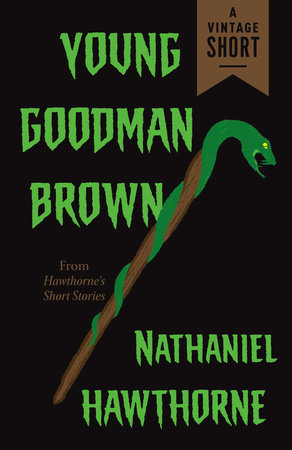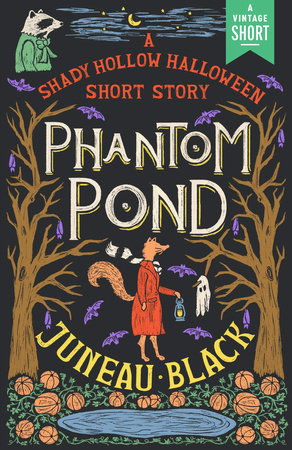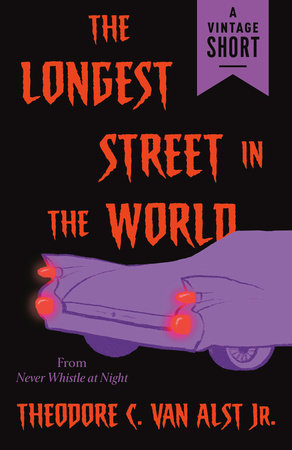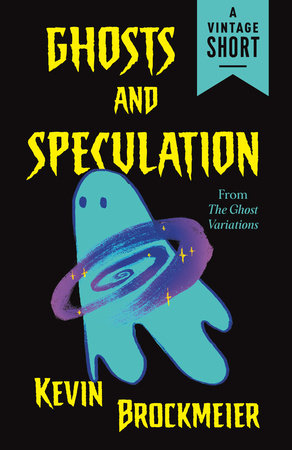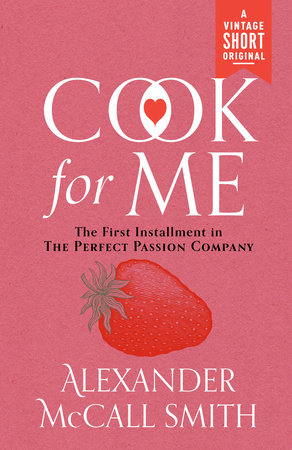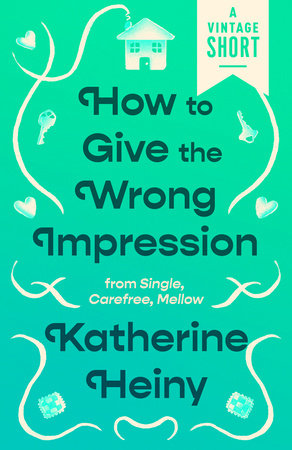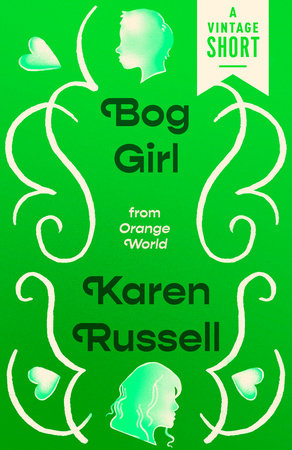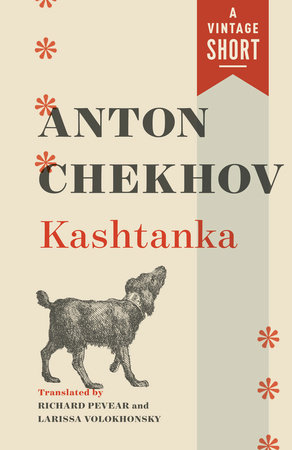
Kashtanka
From Fifty-Two Stories
Anoton Chekhov
Ebook
May 12, 2020 | ISBN 9780593312155
AmazonApple BooksBarnes & NobleBooks A MillionGoogle Play StoreKobo
About the Book
One evening while returning home after a long day, Kashtanka runs off to cower from a marching regiment passing by on an unfamiliar street, and the loyal mongrel becomes horrified as she realizes that she has lost her master. Desperate, hungry and exhausted, Kashtanka falls asleep in a doorway, wallowing in her despair. But, soon, a mysterious stranger finds her and invites her along with him, and Kashtanka embarks on the adventure of her life.
Charming, profound, and masterfully translated by Richard Pevear and Larissa Volokhonsky for their collection, Fifty-Two Stories, this is one of Anton Chekhov’s most beloved pieces of short fiction. “Kashtanka” is an enduring classic that will enchant both long-time readers of Chekhov’s work and those who are discovering the joy and delights his stories can bring.
An ebook short.


